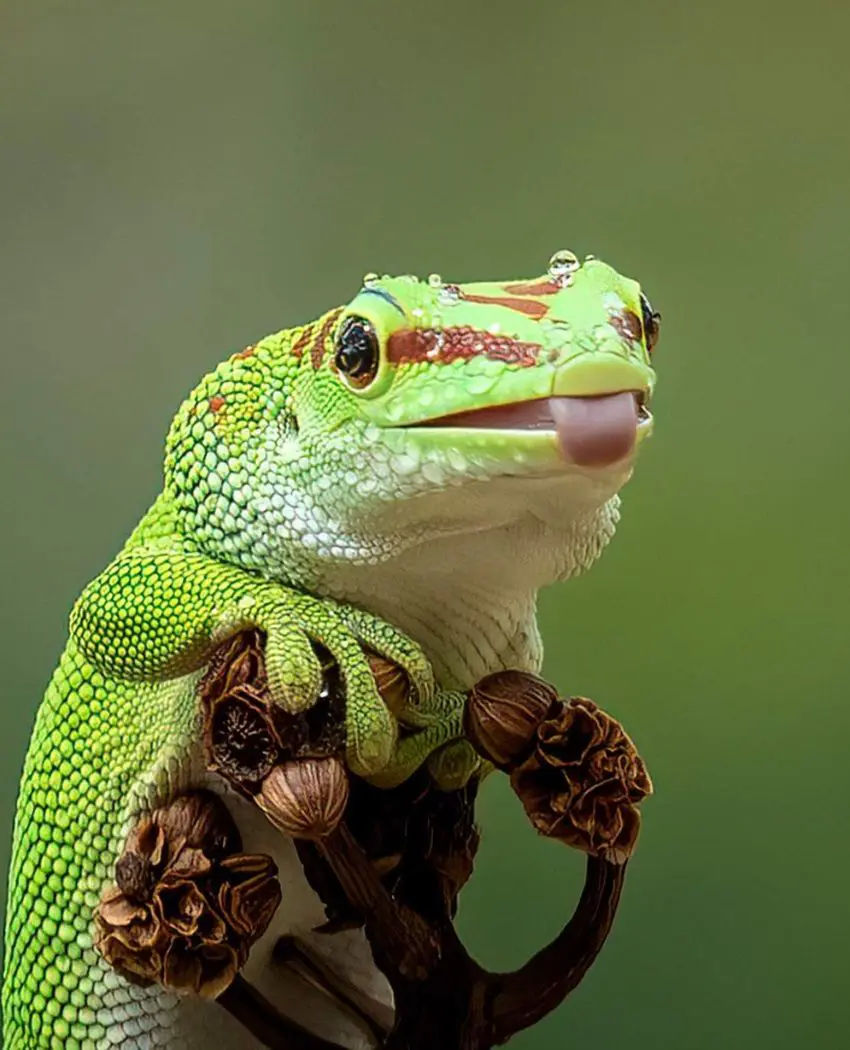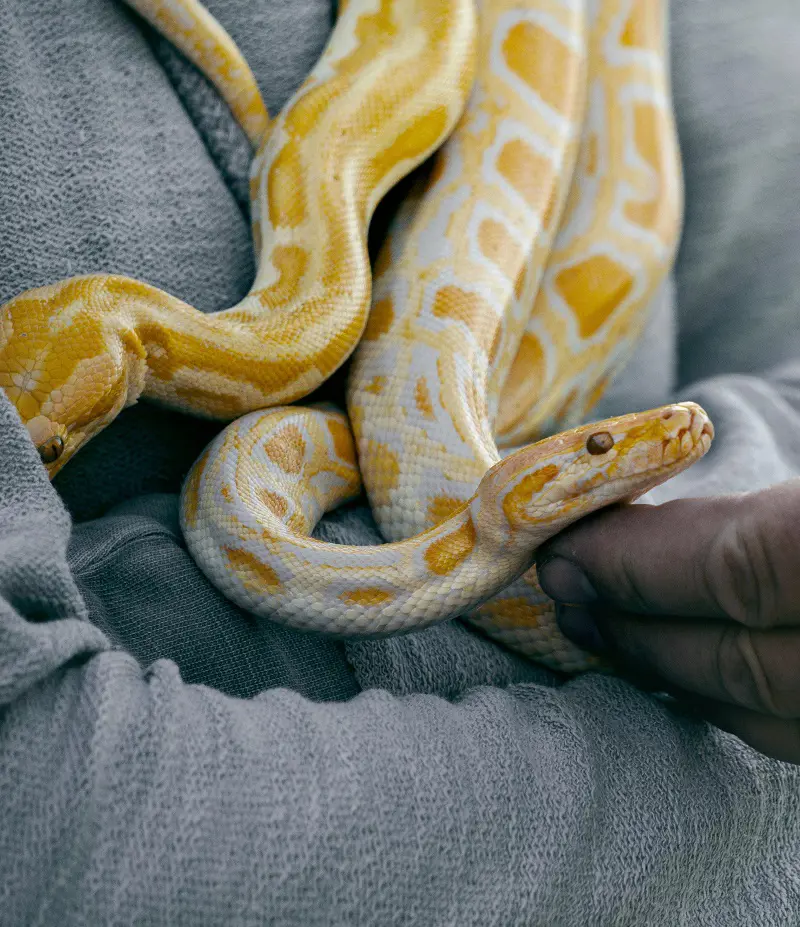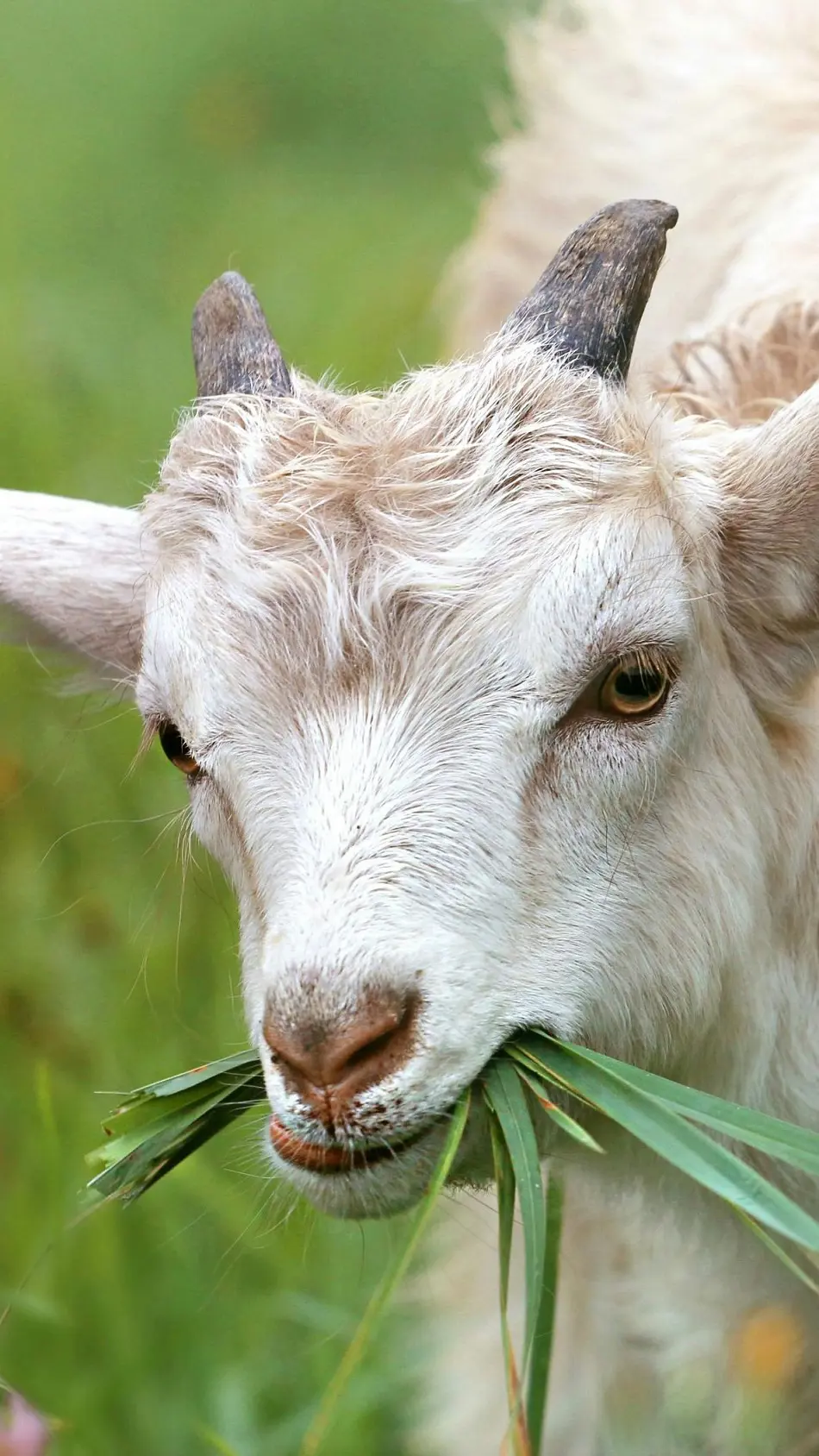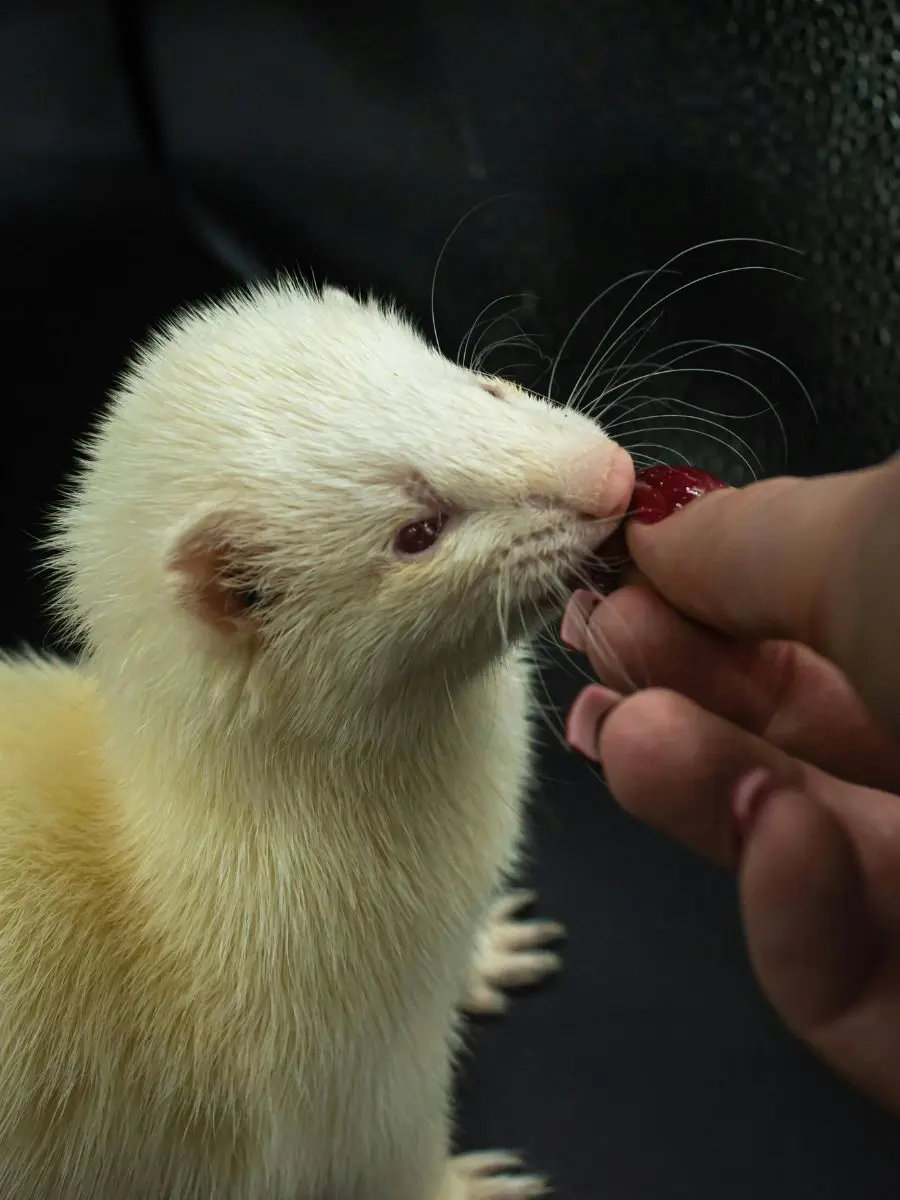What Do Turtles Eat?
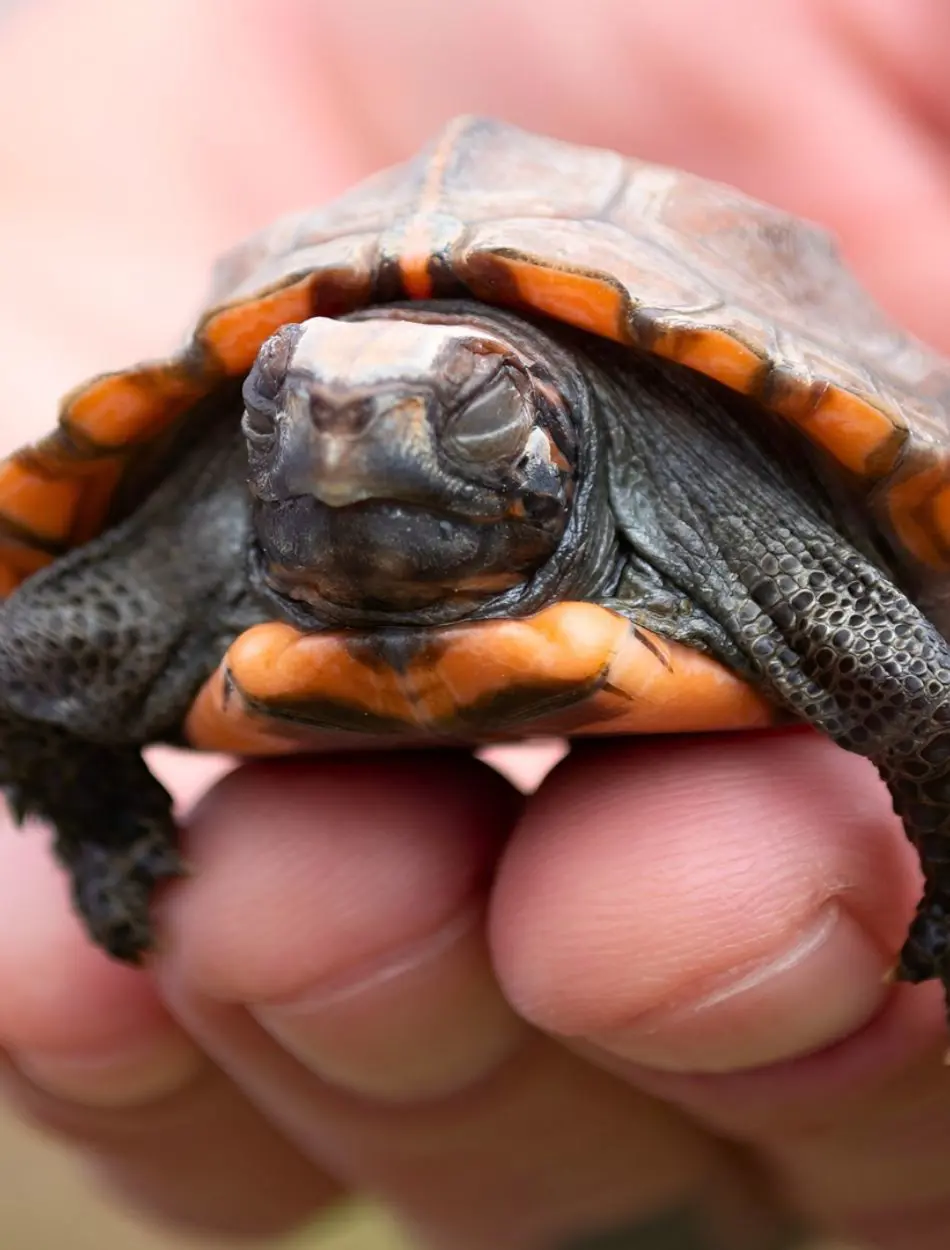
Turtles are unique and interesting pets that can be fun to watch and learn about. It is important to understand the dietary needs of turtles to ensure their health and longevity.
The diet of a turtle depends on their species, habitat, and age. They eat foods that range from plant matter and fruits to live insects and fish. These foods are beneficial for them as it helps them get the necessary vitamins, minerals, and proteins to survive. This article provides details regarding the various foods that turtles eat.
Feeder Fish
Feeder fish are those fish that are specifically raised to be fed to larger animals. It is a common food for aquatic and semi-aquatic turtles. Turtles can be fed minnows, small hardy fish that provide protein and essential fatty acids.
Turtles also feed on other fish such as guppies, goldfish, and rosy reds. Feeding feeder fish to turtles is very beneficial. It provides proteins and fats that contribute to the growth and health of turtles. It also prompts natural hunting and foraging behaviors in them. Therefore, feeding feeder fish can offer a varied diet to the turtle that mimics their food in the wild.
Insects
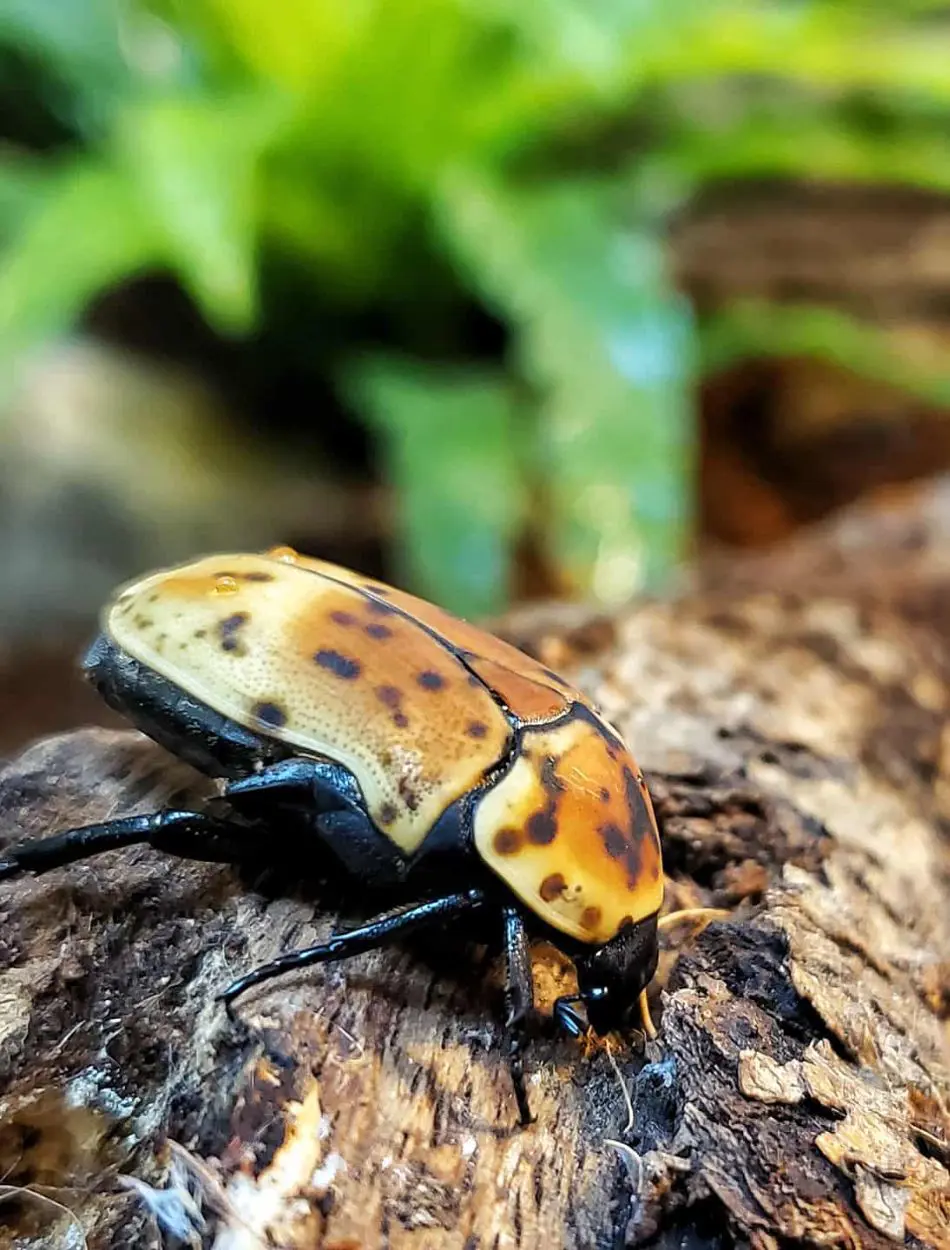
Another crucial food source for turtles is insects, especially those that are omnivorous or carnivorous. Turtles survive by eating various insects. One of the insects is cricket, a small active insect that is high in protein and low in fact. It provides essential nutrients and maintains a balanced diet.
They also feed on other insects such as mealworms, waxworms, superworms, beetles, butterworms, and silkworms. These insects contain high protein necessary for the growth and maintenance of muscles. They are also diverse in nutrients as different insects provide various nutrients. Moreover, incorporating live insects in their diet stimulates their hunting behavior enhancing their overall health.
Shellfish
Another nutrition-filled food that can be fed to turtles is shellfish. It can be fed especially to those species that are omnivorous or carnivorous. Shrimp, a type of shellfish rich in protein and calcium, is very beneficial to turtles. It is excellent for healthy muscle health and shell integrity.
Crayfish, Clams, Mussels, and Oysters are some other shellfish that are great for turtles. They are an excellent source of protein that is needed for growth and maintenance of muscles. Shellfish such as shrimp and clams contain calcium that is necessary for shell health and bone development. They also provide omega-3 fatty acids that are beneficial for overall health.
Brine Shrimp
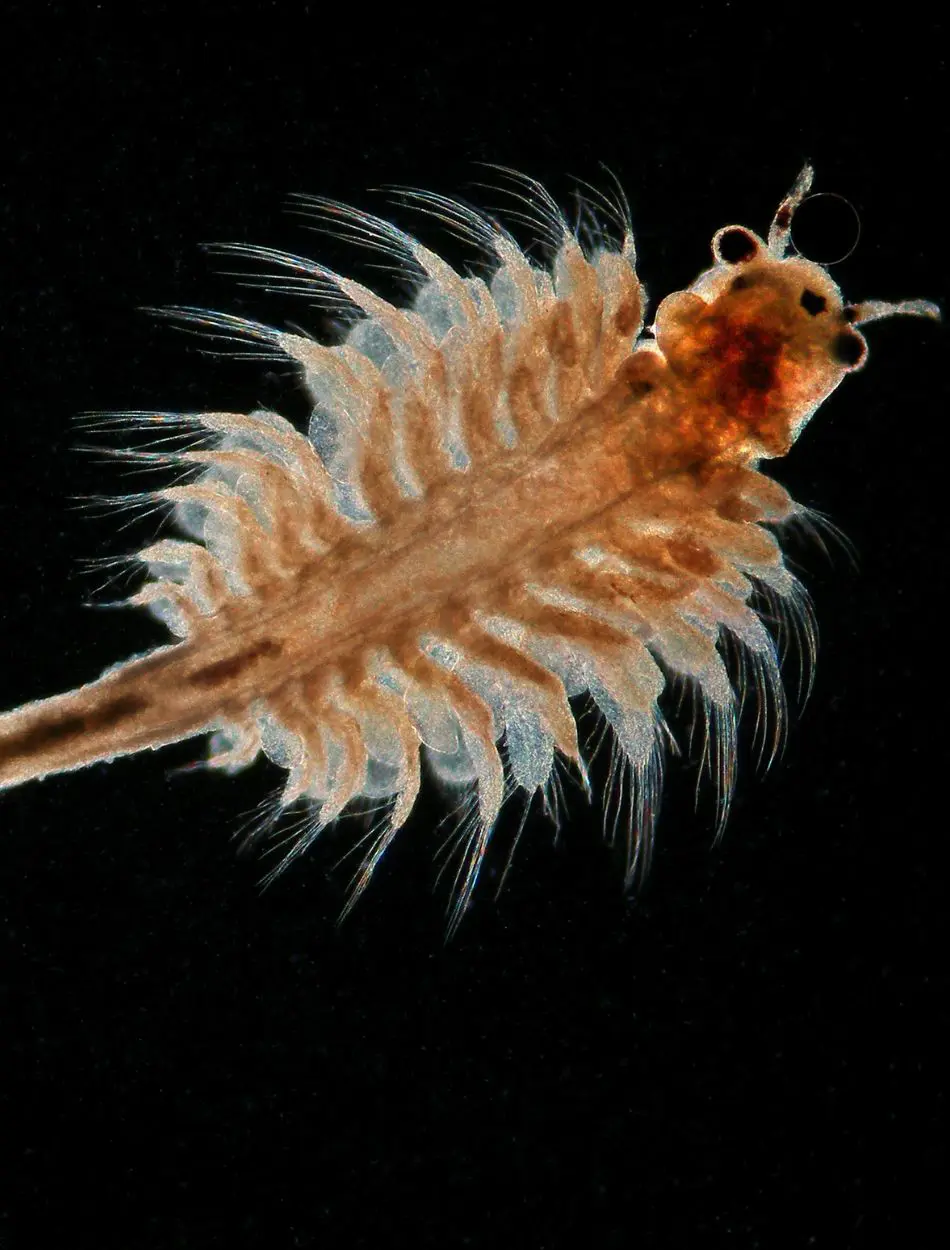
Brine shrimp are small aquatic crustaceans that thrive in saline or brackish waters. They are present in the market in dried form or as live shrimp. Feeding shrimp to turtles can be beneficial as they are rich in protein and help in the muscle development of turtles.
It also provides omega-3 fatty acids, a key factor in maintaining overall health and development. Their small size is perfect for various turtle sizes, especially hatchlings and smaller species. Therefore, Brine shrimp is a good supplement that can enhance the turtles' diet by providing additional protein and nutrients.
Slugs
Slugs are soft-bodies mollusks that can be a part of a turtle's diet, especially for terrestrial and semi-aquatic species. They can be found in various habitats such as gardens, forests, and wetlands.
The nutritional value of slug is high, which makes it a good food source for turtles. They are low in fat, offer different textures, and are flavorful. Slugs contain highly necessary proteins for the growth and maintenance of muscles. Moreover, eating slugs can encourage hunting behaviors in turtles.
When feeding a slug, make sure that it is fresh and free from pesticides. You should feed a moderate amount of slugs as over-reliance on a single food may cause nutritional imbalance.
Snails
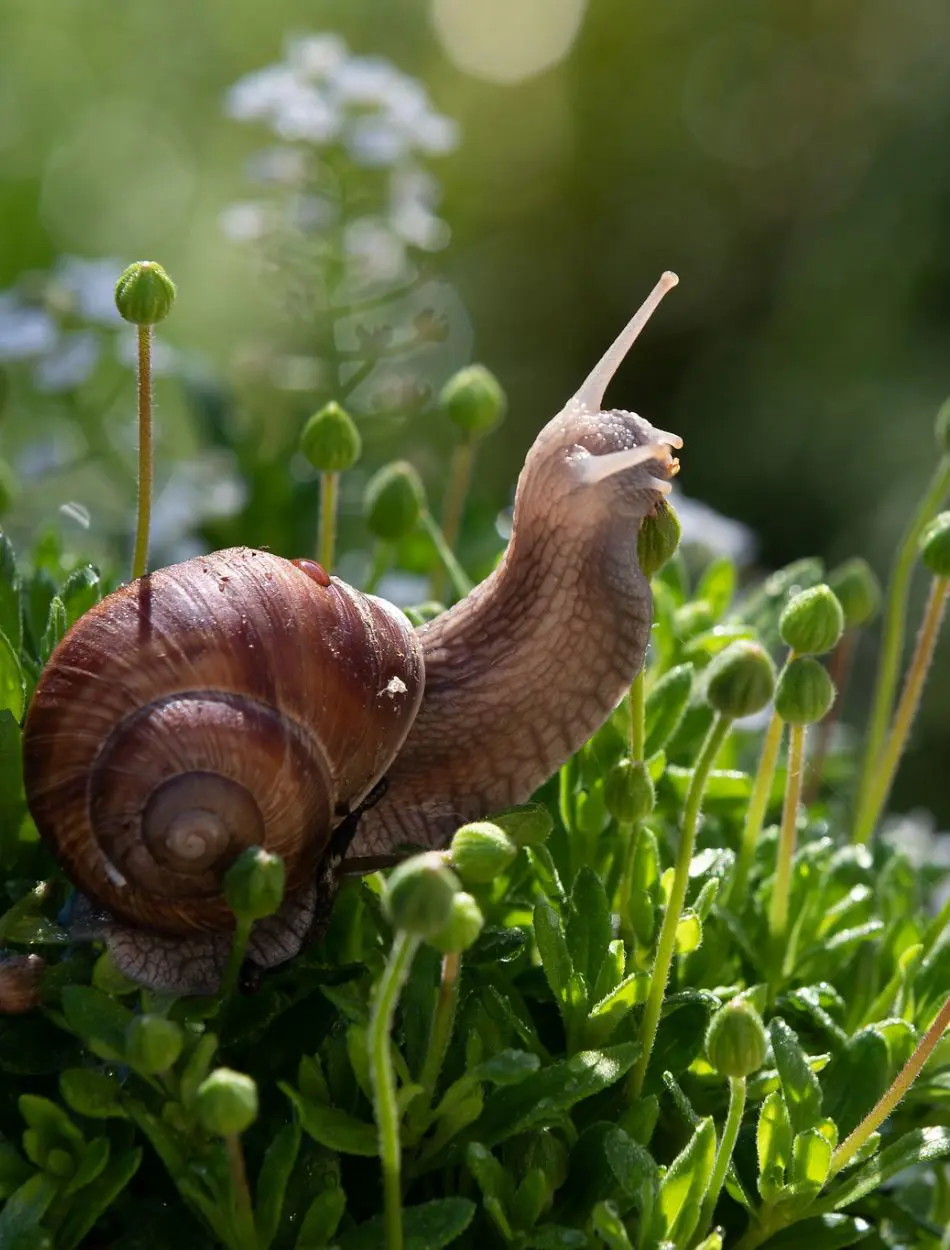
Snails are another variation that can be added to turtles' diet. There are various beneficial factors present in snails that contribute to the well-being of a turtle. Freshwater snails such as apple snails, pond snails, and ramshorn snails provide protein, calcium, and other nutrients to turtles.
Land snails such as common garden snails and giant African land snails offer protein and calcium that can be fed to terrestrial and semi-aquatic turtles. Moreover, marine snails like turbo snails and conchs are also high in calcium and protein.
Snails provide a good source of protein that is essential for muscle growth and repair. They have calcium-rich shells that contribute to the shell health and bone development of turtles.
Collard Greens
Collard Greens are leafy green vegetables that have large, dark green leaves and are slightly bitter in task. Some of them are kale, cabbage, and mustard greens. These foods contain vitamins and minerals necessary for a balanced diet of turtles.
Collard Greens contain high amounts of vitamins A, C, and K. Vitamins A, C, and K support vision and immune function, tissue repair and immune health, and blood clotting respectively. They also contain calcium and magnesium, which are essential for shell health. The fiber content in collard greens also makes sure that the turtle has healthy digestion and helps prevent constipation. Moreover, the antioxidants present in it also help protect cells from damage.
Mustard Greens
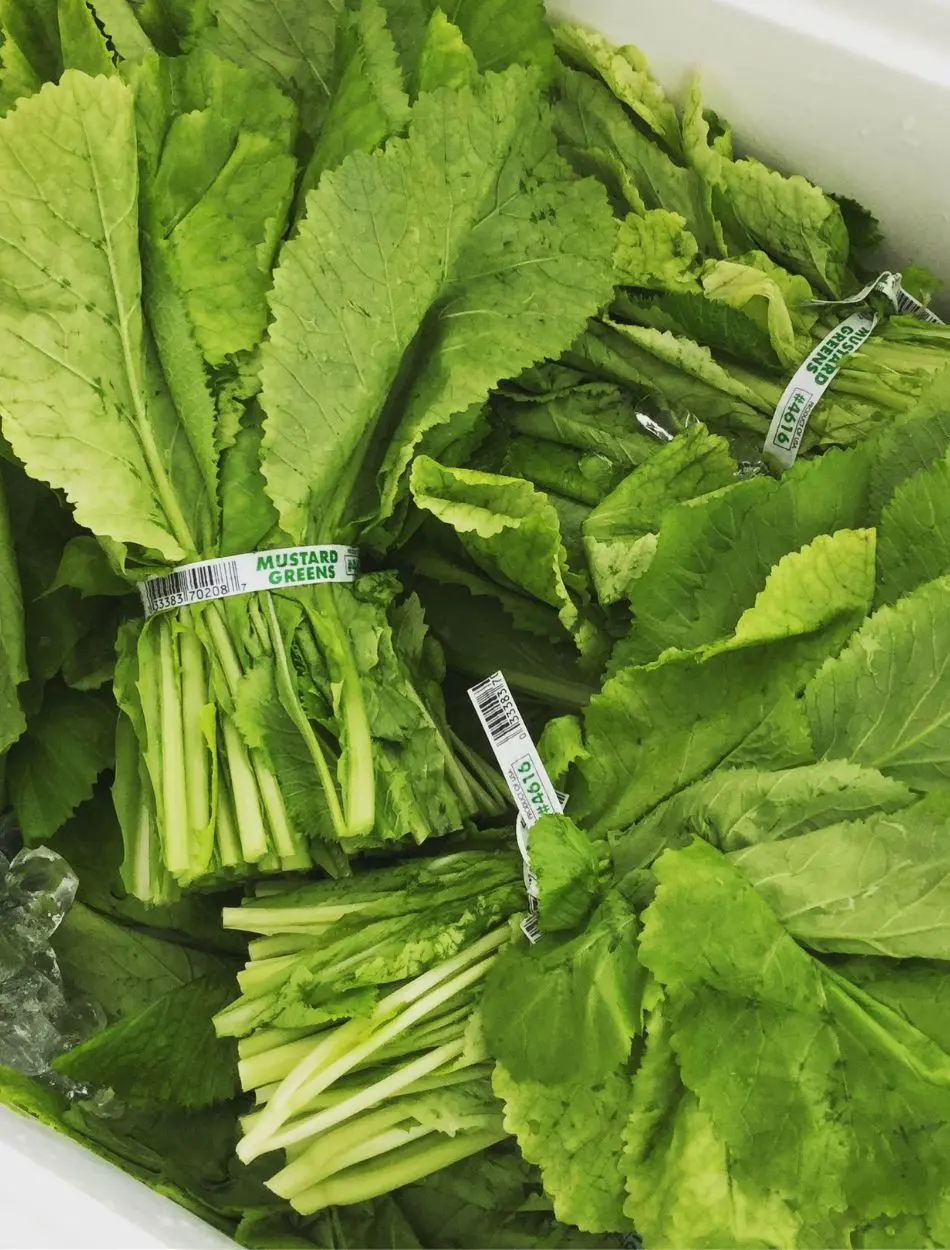
The leafy greens from the mustard plants are known as Mustard Greens. They are known for their slightly spicy flavor and rich nutritional value.
Similar to collard greens, mustard greens also contain vitamins A, C, and K. They are important for vision and immune health, tissue repair and immune function, and blood clotting respectively. Likewise, calcium, magnesium, and potassium content are vital for shell health and bone development, muscle function, and electrolyte balance respectively. Mustard Greens contain high fiber that helps with digestion and constipation.
Romaine Lettuce
Romain Lettuce is a crisp, leafy green vegetable that has elongated leaves and a crunchy texture. This lettuce is often used in salads and is available in grocery stores. In comparison to other leafy greens, it is less nutrient-dense, however, it provides various vitamins and minerals.
Vitamin A present in lettuce helps support the vision and immune health of turtles. It also aids in tissue repair and immune function as it contains vitamin C. In addition, it also contains vitamin K which is essential for blood clotting.
Romaine lettuce is packed with minerals such as calcium and potassium that contribute to the overall health of turtles. It contains a high water content that helps with the hydration and overall fluid intake of a turtle.
Shredded Carrots and Carrot Tops
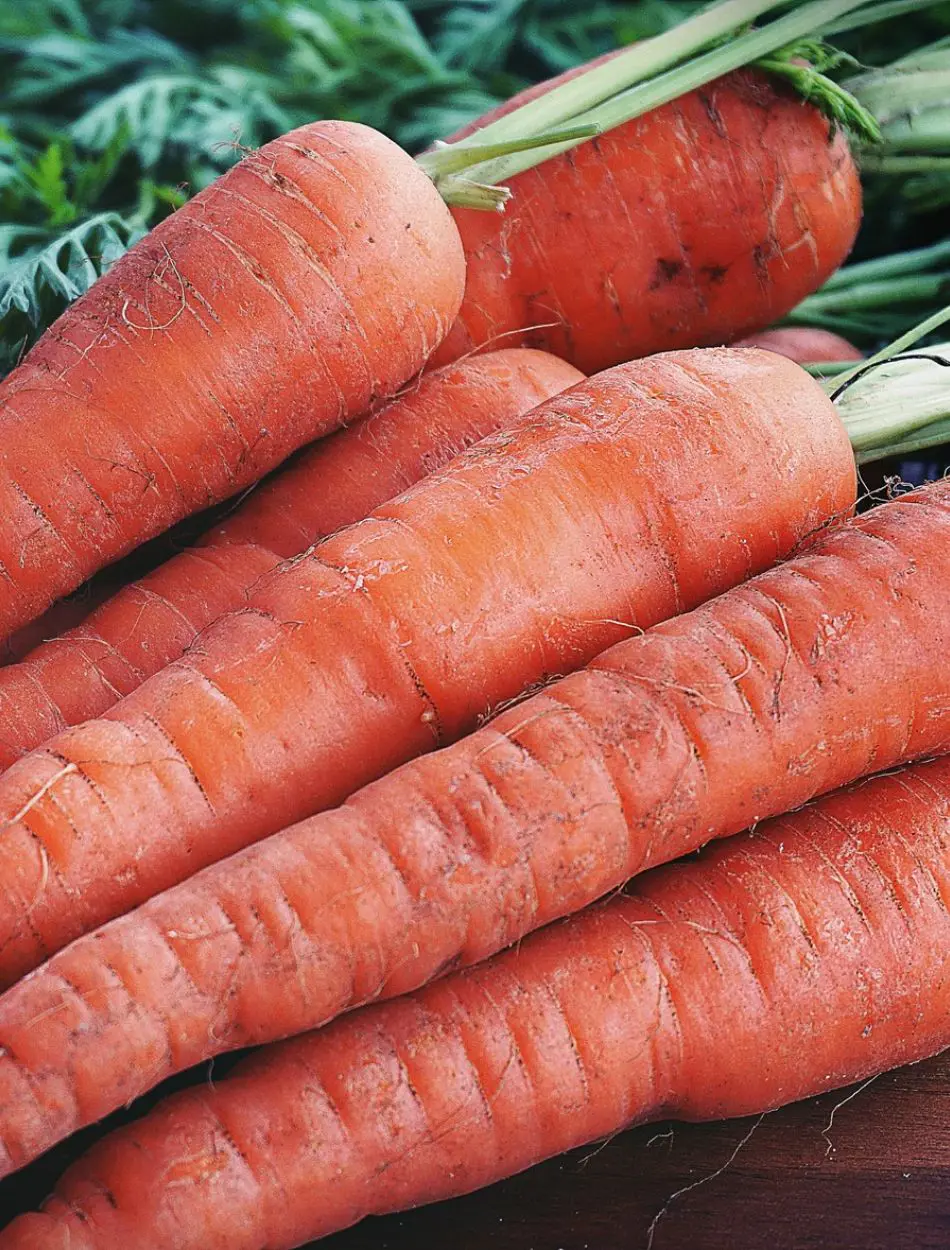
Shredded carrots are finely grated carrots that are rich in vitamins, minerals, and antioxidants. Carrots have a high beta-carotene content that is converted into vitamin A by the body. Vitamin A is important for vision, immune function, and skin health. It also consists of fiber and antioxidants that aid in digestion and help protect cells from damage respectively.
Carrot tops are leafy green parts of the carrot plant. Although they are mostly discarded, they can be very nutritious. Despite having a different nutrient profile than carrot roots, they are rich in vitamins and minerals. They are rich in vitamin K which helps in blood clotting and bone health. Moreover, the fiber and minerals present also support gut health of a turtle.
Apples
Apples are sweet crunchy fruits that are a good source of vitamins, fiber, and antioxidants. It can be a healthy and enjoyable food for turtles. Apple provides the vitamin C required for immune function. They are also rich in dietary fiber that aids in digestion.
Apples are also packed with antioxidants such as flavonoids and polyphenols that protect cells from damage. Moreover, due to its high water content, apples can be fed to turtles for hydration.
When feeding apples to turtles, avoid feeding apple seeds. It contains cyanogenic compounds that can be toxic if consumed in large amounts. Moreover, make sure that it is a part of a varied diet given with other vegetables, leafy greens, fruits, and proteins.
Squash
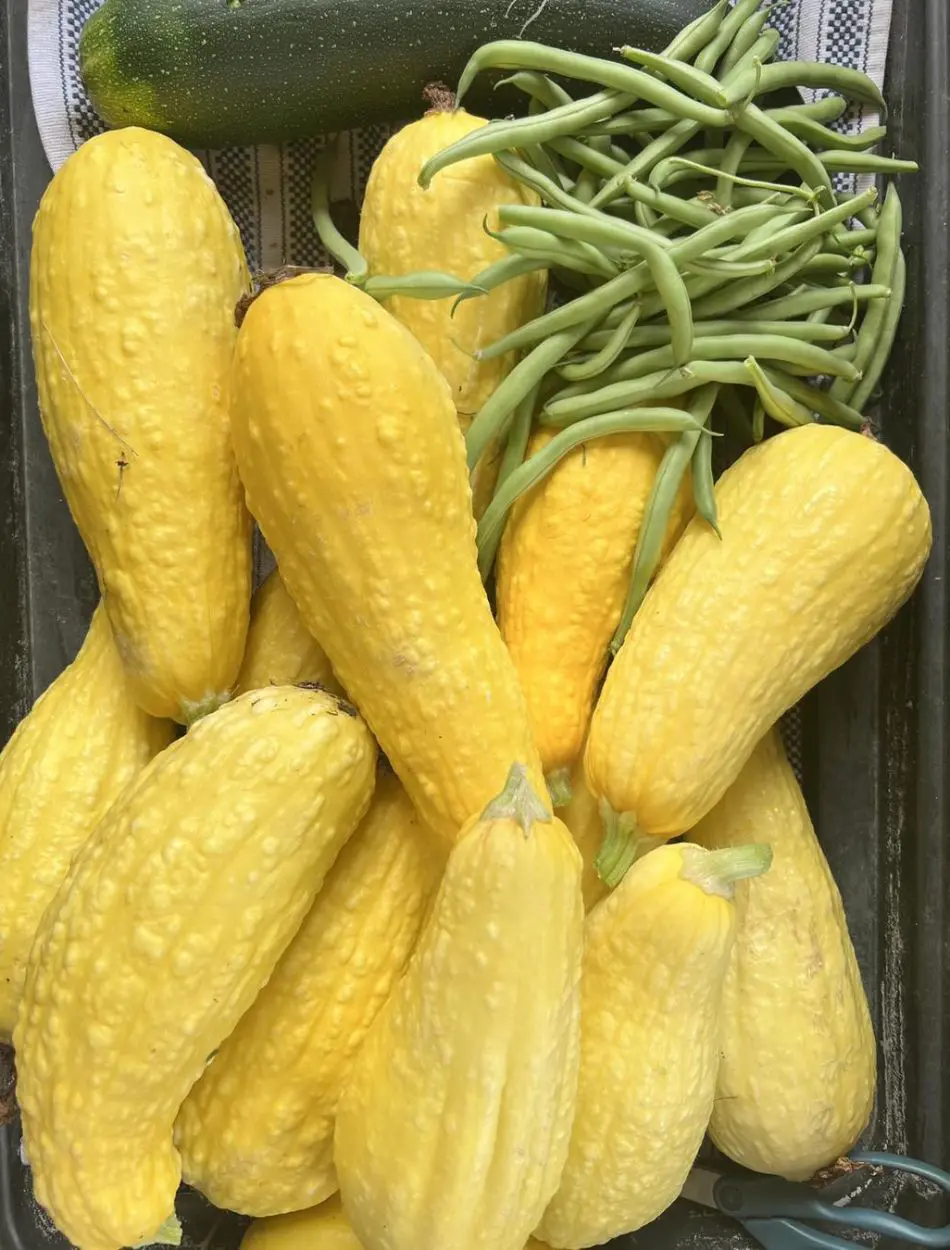
Squash is a nutritious vegetable that can be a healthy addition to a turtle's diet. There are several varieties of squash like summer squash and winter squash. Summer squash contains zucchini and yellow squash whereas winter squash consists of butternut, acorn, and pumpkin. Though both squashes have different textures and flavors, they are rich in nutrients.
Squash contains vitamins A and C in high amounts. Vitamin A helps with vision and immune function, whereas vitamin C helps repair tissue and immune health. It also helps balance electrolytes as it provides minerals like potassium. If you are concerned about your turtles' digestive health, feeding squash will help improve it as it is a good source of dietary fiber.
Green Beans
Green beans are unripe pods of a common bean plant that have a crisp texture and sweet flavor and are rich in vitamins, minerals, and fiber. They are a complete pack of vitamins such as A, C, and K. It also contains potassium that helps with electrolyte balance.
The presence of calcium and magnesium is also beneficial as it contributes to strong bone and shell health. Fibers are another key factor present in green beans that support healthy digestion and prevent constipation. Moreover, green beans protect cells from damage due to the antioxidants present in them.
When feeding them to turtles, make sure that they are organic and washed thoroughly. Keep in mind that green beans need to be fresh and free from wilting before feeding them to turtles.
Melons
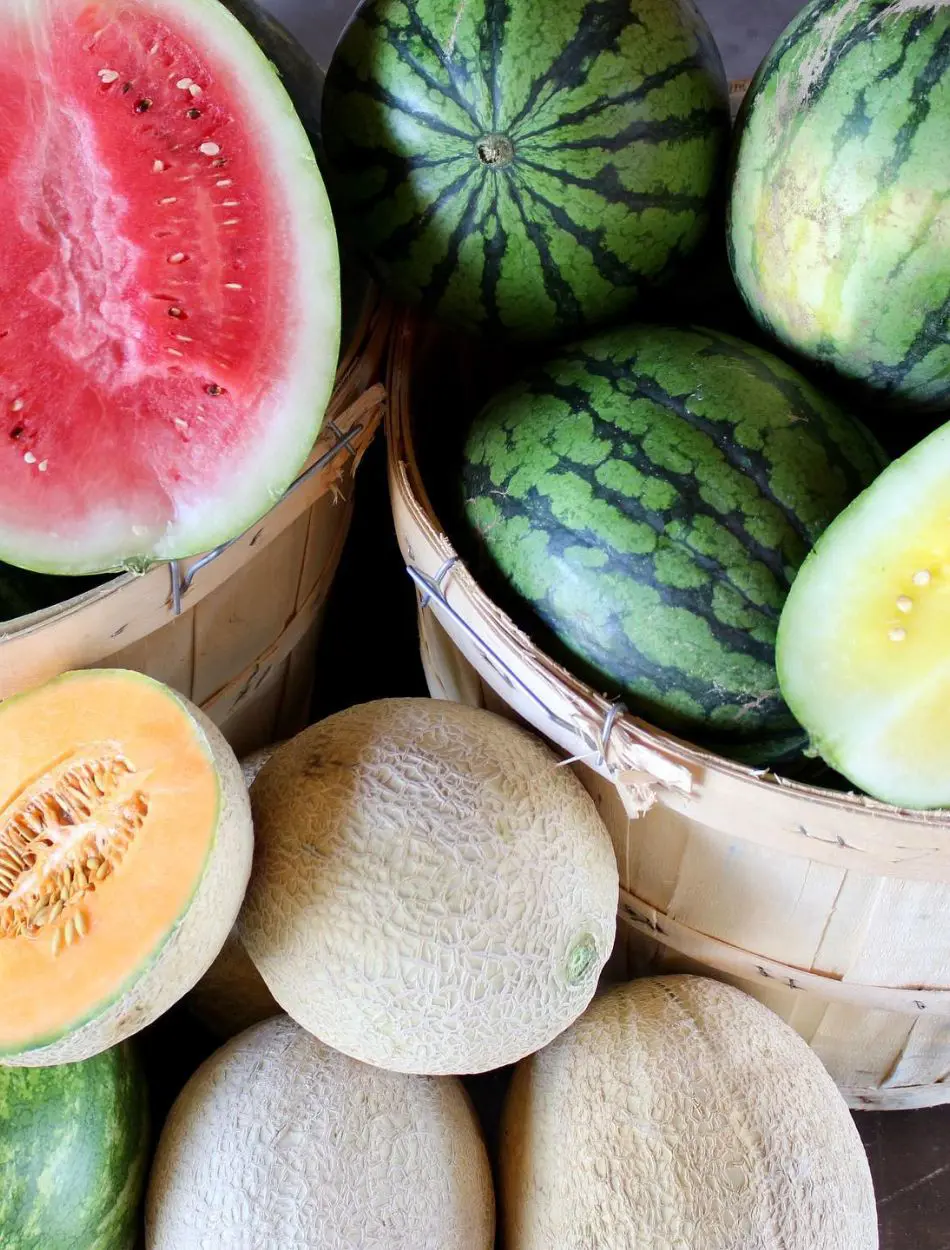
When fed in moderation, melons are refreshing and nutritious food for turtles. It is high in water content and contains various vitamins, minerals, and antioxidants. Melons are enriched with vitamin A and vitamin C. Vitamin A supports vision and immune function and vitamin C helps in tissue repair. The presence of potassium helps to balance electrolytes.
Feeding turtle melons can hydrate them as they contain a high water content. Moreover, it contains antioxidants such as beta-carotene and lycopene that protect cells from damage. Make sure you remove seeds from the melon before feeding as they can be a choking hazard or cause digestive issues.
Berries
Berries are great treats that are nutritious and flavorful when fed in moderation. There are several types of berries that you can feed to your turtle. Strawberries are bright red sweet fruits that are high in vitamin C, manganese fiber, and antioxidants like polyphenols.
Other berries that are great for your turtle are blueberries, raspberries, blackberries, and mulberries. Vitamin C, found in all berries, is great for boosting the immune system. It also helps in tissue repair and acts as an antioxidant. Blueberries and blackberries contain vitamin K necessary for blood clotting and bone health.
The presence of manganese in berries like strawberries and blueberries can contribute to bone development and metabolism. In addition, mulberries contain iron, a vital component for oxygen transport in the blood.
Banana
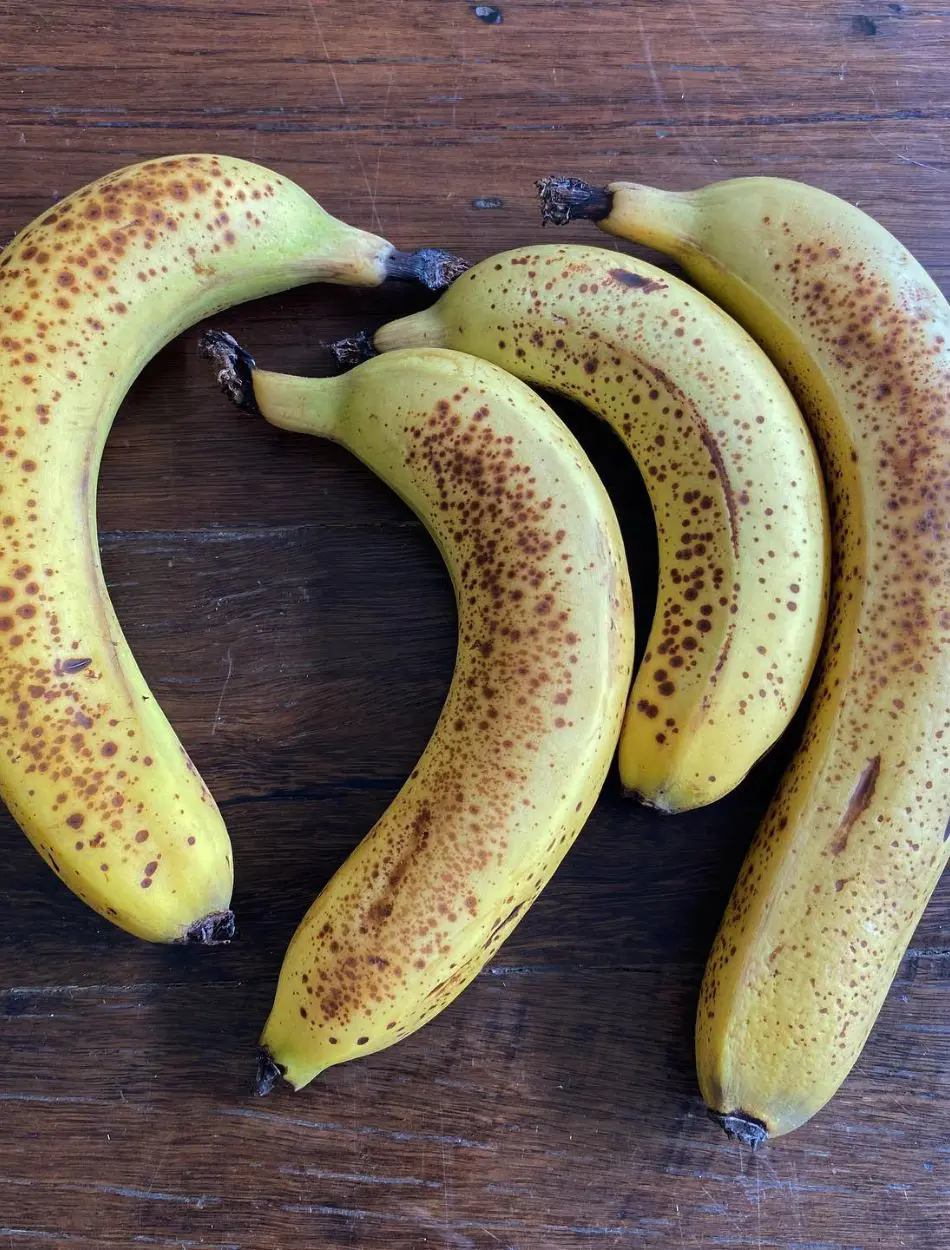
Bananas are nutritional food that can be offered to turtles as an occasional treat. It helps to support immune health and tissue repair as it contains vitamin C. Bananas also contain vitamin B6, an essential factor for brain development and function.
Potassium found in bananas helps to regulate fluid balance, muscle contractions, and nerve signals. Moreover, it also contains magnesium to support bone health and energy production. This fruit has a high sugar content and can provide a quick source of energy to turtles.
Feeding bananas should be done at a moderate level. While it is a beneficial food, overfeeding it can lead to obesity or other metabolic issues.
Grapes
Grapes are a sweet and juicy fruit that can be offered to turtles as an occasional treat. It is a beneficial fruit that should be fed in moderation due to its high sugar content. Grapes contain vitamins C and K, a good source to support the immune system and tissue repair and blood clotting and bone health respectively.
Potassium present in it helps to regulate fluid balance, muscle contractions, and nerve signals which is very beneficial for turtles. It also contains copper which helps the formation of red blood cells and maintains healthy bones, blood vessels, and nerves.
In addition, grapes also consist of antioxidants such as resveratrol and flavonoids. Resveratrol is a potent antioxidant that protects the cell from damage and reduces inflammation. Likewise, flavonoids also contain anti-inflammatory properties that ultimately support the well-being of turtles.
Recent posts
Pets
20 Pet Friendly Stores In The USA
Over the years, the population of pet owners, especially ones with dogs, has increased. Naturally, this has also increased the need for pet-friendly stores because pet owners no longer want to give business to stores where their furry best friends ar...
Why Do Horse Have Manes?
Horses have manes primarily for protection and communication. The thick hair shields their necks from insects, weather, and potential predators, while also serving as a way for horses to express social cues among their herd. In this article, we are g...
18 Foods Geckos Can Have
Geckos are a group of small to medium-sized lizards known for their unique adaptations. It is important to understand what geckos eat before you bring them home. The exact food for geckos may vary based on their age, species, and activity level...
20 Foods You Can Give To Your Pet Snake
With the increase in people's unique interest and taste for pets, snakes are becoming more popular. These reptiles are considered fascinating creatures and are preferred mainly by those who want a long-term commitment from their pets. Unlike other us...
17 Foods That Goats Can Eat
Although they naturally are curious and may enjoy the many types of food available, it is much better if well-rounded nutrition is given to them to ensure they will have good health. A variety of food keeps them healthy but also pleases their taste f...
18 Foods That Ferrets Can Have
Ferrets are small, active animals that have gained popularity as pets owing to their curious social nature and athleticism. Although they are playful pets, ferrets nonetheless have different nutritional needs than more common companion animals like c...


